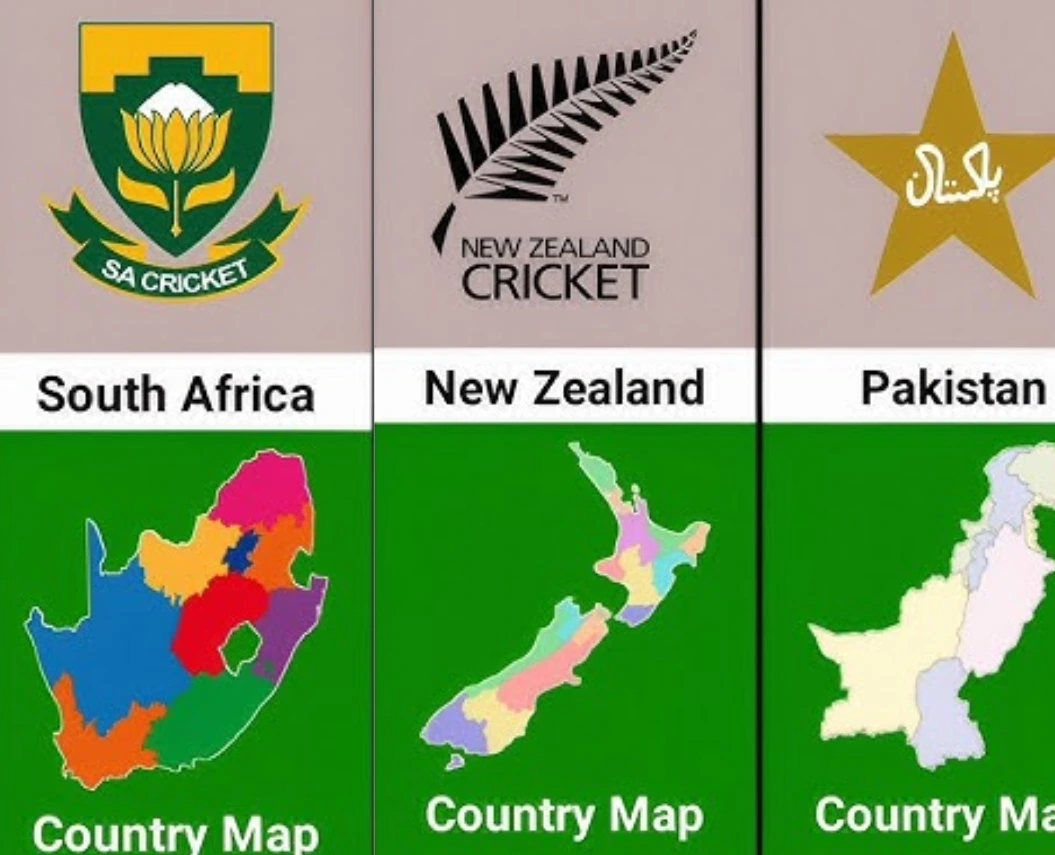Introduction
Cricket in Pakistan isn’t just a sport—it’s an emotion, a shared heartbeat of millions. But despite its rich cricketing culture, Pakistan has struggled to host World Cup matches in recent decades. Why? Let’s unravel this complex issue together.
A Brief History of Cricket in Pakistan
Pakistan’s rich cricketing legacy
Since its independence, Pakistan has been a powerhouse in cricket. Legendary players like Imran Khan, Wasim Akram, and Javed Miandad have carried the nation’s flag high.
Memorable international tournaments held in Pakistan
Pakistan has hosted iconic matches and even co-hosted the 1987 and 1996 Cricket World Cups. Those days were a golden era of cricket, with stadiums packed and streets buzzing with excitement and celebration.

The Security Concerns That Changed Everything
The 2009 Sri Lanka team attack: A turning point
The Sri Lankan team bus was attacked by terrorists in Lahore in 2009. This horrifying incident changed the course of Pakistan’s cricketing history, marking the end of regular international visits.
Global perception after the attack
After the attack, global cricketing boards labelled Pakistan as unsafe. It wasn’t just about one match—it was about the image of an entire nation.
Rise of security protocols worldwide
Countries began enforcing stricter security measures, and visiting Pakistan became a logistical nightmare.
Political Instability and Its Impact
Regional tensions with neighbouring countries
Tensions with India and Afghanistan have further complicated matters. Diplomatic strains directly impact sports diplomacy.
Internal political unrest
Frequent political rallies, protests, and government changes make organizing a global event like the World Cup a risky bet.
Impact on public perception and media narratives
The global media often amplifies these issues, fueling the fire and perpetuating negative perceptions.
The Role of the International Cricket Council (ICC)
How the ICC decides match venues
ICC prioritizes player safety above all. The decision on match venues involves detailed risk assessments.
ICC’s safety standards and requirements
ICC’s stringent safety requirements are often challenging to meet, given Pakistan’s complex security landscape.
Insurance and Financial Challenges
The cost of insuring players in high-risk areas
Insurance premiums for playing in Pakistan are incredibly high, discouraging boards from taking the risk.
Sponsor hesitation and revenue risks
Sponsors worry about brand reputation and potential financial losses if a crisis occurs, making them pull back from events in Pakistan.
Players’ and Teams’ Personal Safety Concerns
Fear among players and their families
No player wants to risk their life, and families naturally prefer safer destinations.
National boards’ reluctance to take risks
National cricket boards prioritise the welfare of their players, making them wary of sending teams to Pakistan.
Logistical and Infrastructure Issues
Challenges of arranging high-security travel
Arranging secure transit routes, armored buses, and heavily secured convoys requires massive coordination and significant costs.
Stadium facilities and readiness
While Pakistan has world-class stadiums, maintaining them to international standards during periods without regular matches is a significant challenge.
Efforts Made by Pakistan to Bring Back International Cricket
High-profile security arrangements for visiting teams
Pakistan has invested millions in creating presidential-level security for visiting teams.
Hosting of PSL and international series
The Pakistan Super League (PSL) and a few bilateral series have helped rebuild confidence among players and fans.
Gradual return of smaller teams
Teams like Zimbabwe and Sri Lanka have resumed touring, indicating slow but positive progress.
The Role of Media in Shaping Global Opinion
Negative coverage versus positive developments
The media often highlights negatives more than positives, overshadowing efforts made to improve security.
How social media amplifies safety concerns
Viral videos and posts can rapidly create fear and panic, regardless of on-the-ground realities.
Comparison with Other Countries Facing Similar Challenges
Examples from Sri Lanka and Bangladesh
Sri Lanka and Bangladesh faced similar issues but managed to gradually restore faith by hosting smaller series first.
Lessons learned and different approaches.
Their success stories show that patience and consistent efforts can change perceptions over time.
Potential Economic and Cultural Impact of Hosting World Cup Matches
Revenue from tourism and local businesses
Hosting World Cup matches would boost hotels, restaurants, and local businesses, generating significant economic growth.
National pride and morale boost
Nothing unites Pakistan like cricket. Hosting the World Cup would restore national pride and bring joy to millions.
Fans’ Perspective: The Emotional Cost
Loss of live cricket experiences
Fans have missed out on the electric atmosphere of live World Cup matches for decades.
Diminished home advantage
Playing on home soil gives a psychological edge—a luxury Pakistani cricketers rarely experience.
Future Prospects for Pakistan Hosting World Cup Matches
Improvements in security measures
Security has vastly improved with better intelligence, training, and coordination.
ICC’s changing stance
The ICC has shown signs of reconsidering its approach as Pakistan continues to prove its capabilities.
Hopes and expectations of cricket lovers
Fans dream of the day Pakistan’s stadiums roar again with World Cup excitement—and that day might not be far off.
Conclusion
Pakistan has a cricketing soul that beats louder than any security challenge. While valid concerns have deterred international teams, the country’s relentless efforts to improve security, rebuild trust, and showcase its hospitality keep hopes alive. With continued perseverance, Pakistan may soon reclaim its place as a proud host of the World Cup.
FAQs
Q1: How recently has Pakistan held a significant cricket competition?
A1: Pakistan co-hosted the 1996 Cricket World Cup and has hosted several smaller series since then.
Q2: Are any international teams currently playing in Pakistan?
A2: Yes! Teams such as Zimbabwe, Sri Lanka, and New Zealand have recently toured Pakistan for a series of bilateral matches.
Q3: Is Pakistan safe for cricket now?
A3: Security has dramatically improved, but complete confidence from all international boards will take time.
Q4: Has Pakistan been considered for upcoming World Cups by the ICC?
A4: While not yet confirmed, there have been discussions about involving Pakistan as a co-host in future tournaments.
Q5: What can fans do to support cricket in Pakistan?
A5: Fans can support local cricket, attend matches, and promote positive stories about Pakistan’s efforts to rebuild international cricket.
